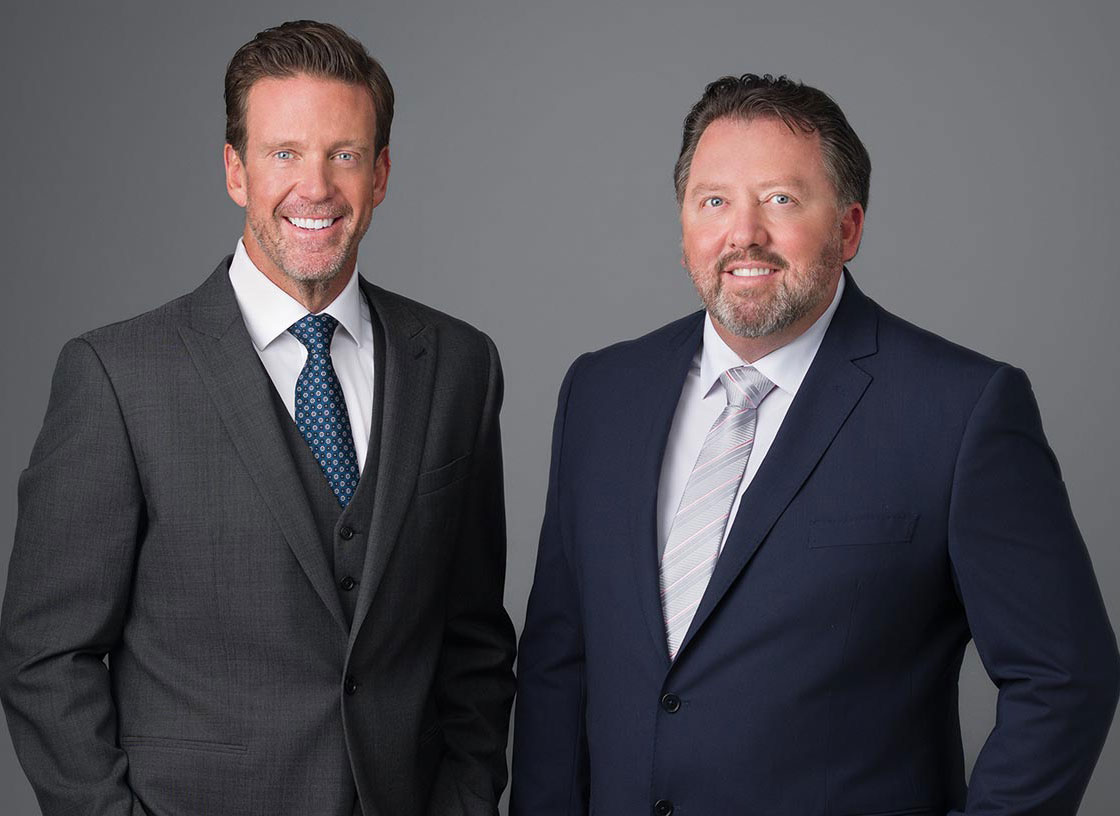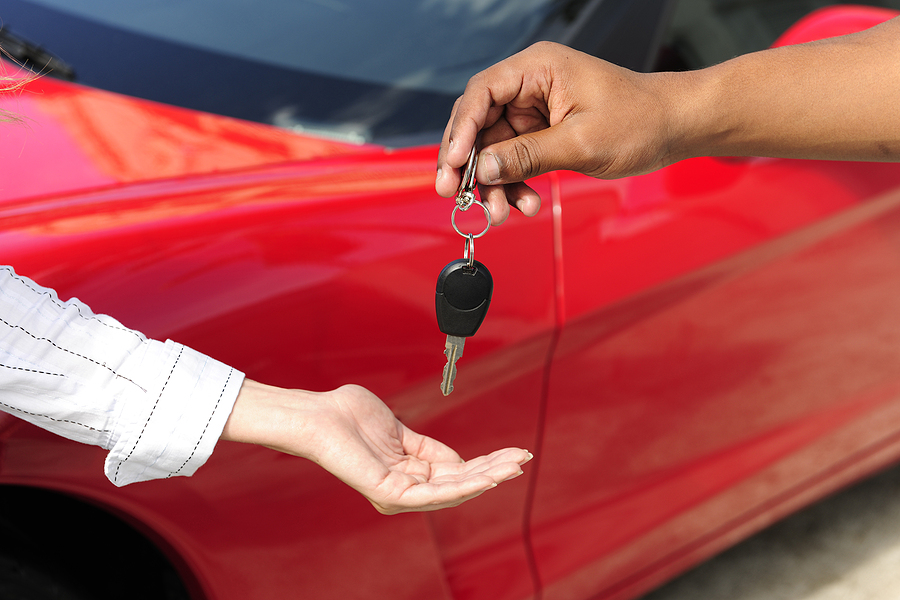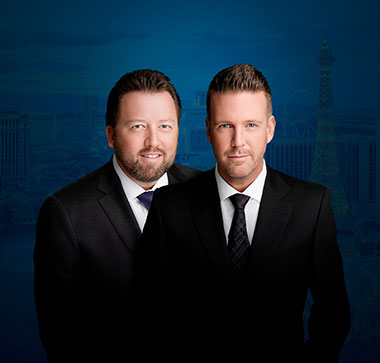When you lease a vehicle, you are expected to return it in the same condition as when you picked it up. That means that if you get into an accident, you may be responsible for arranging repairs. Some believe that if they repair the damage to a vehicle after an accident and do not say anything to the leasing company, they won’t have to pay any penalties. That isn’t always the case and, furthermore, you should always report an accident to the leasing company, regardless.
A leasing company must disclose whether a vehicle has been in accidents, which is why you must disclose any accidents to the leasing company. If you do not, your insurance company and vehicle accident reporting companies could also notify your leasing agency that the vehicle was in a wreck. It’s better to tell the leasing company of an accident as soon as it happens, especially if your contract states that you must notify the company of any accidents, regardless of how minor.
Steps to Take After an Accident in a Leased Vehicle
As in any car accident, after an accident in a leased vehicle, alert first responders, check on others involved if you’re in a condition to do so, and report to law enforcement what happened leading to and during the accident. You may also speak to any witnesses and get their contact information, and gather insurance and contact information from others directly involved in the accident.
Be sure to coordinate with the insurance companies as soon as possible. When you notify your insurance company of the accident, or if you contact the at-fault driver’s insurance company, give your insurer your contact information; the date, time, and location of the accident. Be cautious about sharing anymore, and avoid discussing fault, especially if you plan to retain an attorney. If you have an attorney before you contact the insurance companies, they can make contact on your behalf.
Unlike a situation where you own a vehicle, when you are in an accident with a leased vehicle, you must contact the leasing company and let them know about the accident. Always check your leasing contract before you do anything. It will tell you what you need to do after an accident. If you have an attorney before contacting the leasing company, your attorney can review your leasing contract and make contact on your behalf.
Double Charges for Accident Repairs
When your vehicle lease ends, the vehicle always goes through an inspection. If you were in an accident and paid for the repairs, either yourself or through your insurance company, the leasing company could still penalize you for the accident. If the leasing company does not think the repairs were done properly and they want to have the repairs done over, the leasing company could charge you for new repairs.
When you notify your leasing company of an accident, make sure you read your contract carefully, and if the leasing company recommends a specific repair shop, use their repair shop unless they do not take your insurance. If that is the case, let the leasing company know and have them choose another repair shop. Since the repair shop is of their choosing, you might avoid double-charges if the leasing company is not happy with the repairs.
Recovering Damages
Even though you were driving a leased vehicle, your contract most likely required you to pay for insurance for the vehicle. As with any other accident, if you were not at fault for the accident, you can recover damages. Whose insurance company will be responsible for footing the bill—yours or the at-fault drivers—will depend on whether the state you are in is an at-fault or no-fault state.
Even in an at-fault state, though, your insurance company might pick up some of the damages if the at-fault driver is underinsured or not insured at all. You may also have the option of suing the driver directly for any damages not covered by insurance.
Keep in mind that if the leasing company did not disclose problems with the vehicle or otherwise contributed to the accident, you might collect damages from the leasing company even if you are partly at-fault for an accident.
Recoverable Damages
In the event of a lawsuit, victims in leased vehicle accidents may recover compensatory damages and, in some cases, punitive damages. Compensatory damages include economic damages and non-economic damages. A court orders compensatory damages to make the accident victim whole again. A court orders punitive damages if it finds that the defendant’s behavior was grossly negligent, reckless, or intentional, such that the defendant should be punished.
Economic damages in a leased vehicle accident may include:
- Past and future medical expenses, such as physical, cognitive, and psychological therapy.
- Past and future lost wages, including partial future lost wages if you can work but cannot do the same work and/or earn the same amount of money as you did before the accident.
- Replacement or repair of destroyed or damaged personal property, including the leased vehicle.

Non-economic damages may include:
- Pain and suffering.
- Emotional distress, especially if you suffer from depression, anxiety, or post-traumatic stress disorder as a direct result of the accident.
- Loss of consortium and/or companionship.
- Loss of quality of life.
A court may also order punitive damages to punish the defendant’s grossly negligent, reckless, or intentional behavior. Plaintiffs have the burden to prove to a court that the defendant’s actions are egregious enough to warrant punitive damages.
If you believe you might have the right to collect damages in a leased vehicle accident case, you should consult an experienced car accident attorney. A Las Vegas car accident lawyer or Reno car accident attorney can evaluate the overall strength of your case and, furthermore, determine your chances of recovering damages, and how much you may recover.
Frequently Asked Questions About Accidents Involving a Leased Car
If you suffered an injury in an accident while driving a leased car, we can help. We know that you have many questions, and we are here to provide you with the answers you need. For questions about your case, please contact us for a free case evaluation.
How do I prove that someone else was at fault for my leased car accident?
To prove liability for a car accident (leased or not), you must show:
- The at-fault party had a duty of care. This includes taking reasonable actions to avoid causing an accident that would result in injury to you or damage to your car.
- A breach in the duty owed by the at-fault party occurred. This breach occurs when they fail to avoid an accident. Actions that fail to protect others include distracted driving, impaired driving, speeding, or failure to yield.
- This breach caused the accident that injured you and damaged the vehicle you leased.
If I obtain compensation for damage to the car, do I have to give that compensation to the place that leased the vehicle?
It depends. Companies that lease vehicles often require you to compensate them for any damages to these cars. If you paid for the vehicle repairs out-of-pocket, then the compensation will go to you to recover those costs. If your insurance paid for the repairs, they will likely want that portion of your settlement or award to repay their costs. The company that owns the vehicle may need to compensate for any unpaid costs.
My husband died in an accident while we were in a leased car. Is there compensation available?
Yes. Beneath the wide umbrella of personal injury law, there is a claims process for family members of those who have died because of someone else’s carelessness or recklessness. A wrongful death claim allows family members to recover damages related to their loss.
Through a wrongful death claim, family members can obtain:
- Expenses that were paid by a family member or the estate. This includes medical expenses for the deceased’s final injury and/or the cost of funeral services and burial or cremation.
- The loss of support and services provided by the deceased.
- Psychological impacts, such as loss of love, guidance, moral support, or companionship that the deceased provided to their loved ones.
Do I need an attorney to seek compensation for the injuries I incurred in a leased-car accident?
Yes. To achieve the best outcome, you do need a car accident attorney to help you navigate the claims process. While you are not required to have an attorney, the experience that they can provide throughout the process is crucial to the outcome of your case. Additionally, a car accident attorney and their legal team can provide services such as valuing your claim, gathering evidence, negotiating a settlement, litigation, and collecting your award. These tasks are often very difficult for individuals to perform on their own.


